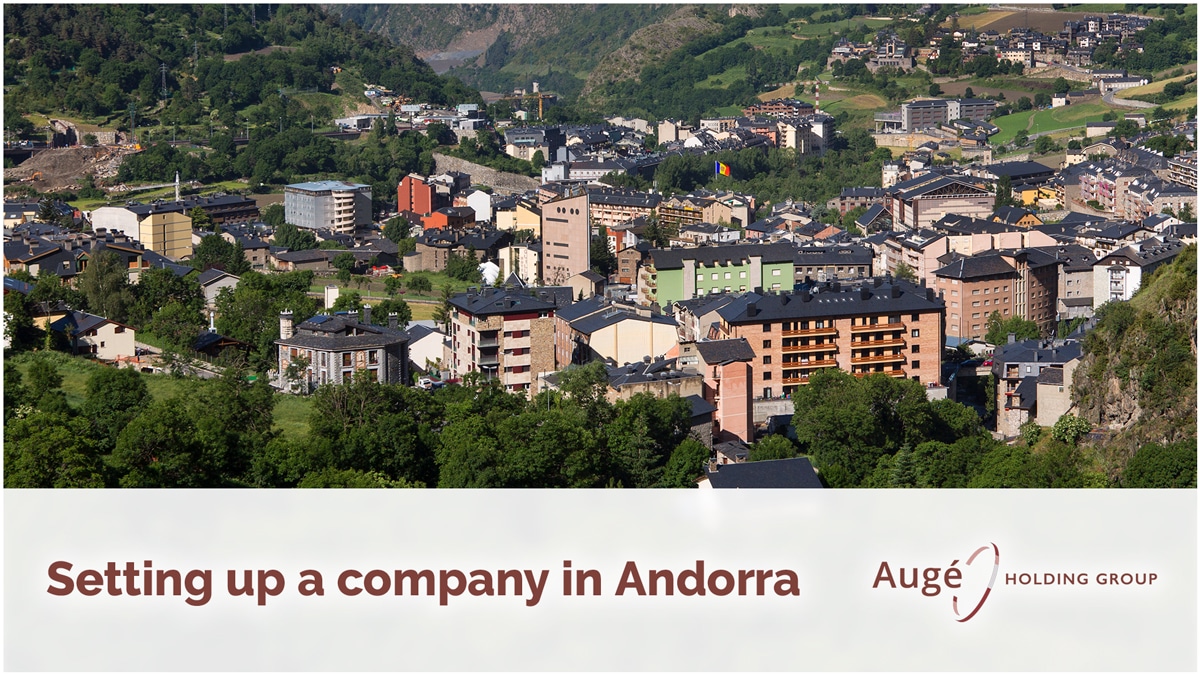Table of contents
ToggleMediation: an alternative system of conflict resolution that is practical and attractive
Social and professional relationships are becoming increasingly complex and interconnected.
Conflict is an inherent element of any group’s existence. In this context, smooth communication and balanced negotiation between the parties are necessities, which is why creating an effective and efficient conflict resolution system is inevitable.
Indeed, the traditional conflict resolution system through judicial proceedings is “stuck” in strong belligerence and leads to a judicial resolution that sides with one party or the other, generally with too long deadlines, high costs, and inevitable judicial uncertainty. In contrast, the main objective of mediation is to facilitate dialogue between the parties involved, through the intervention of a neutral third party, called a mediator, to try to reach a fair and equitable solution. This process is characterized by its flexibility, confidentiality, and voluntariness, and can be applied across various areas of law, including civil, commercial, family, and labor law.
Firstly, the promotion of mediation has been driven at the European level by various factors, including the need to decongest courts, reduce litigation costs, and foster amicable and sustainable solutions. Since Recommendation 12/1986 of the Committee of Ministers of the Council of Europe, multiple legislative and regulatory actions at the European level have promoted the importance and necessity of implementing mediation. We can highlight, for example, the signing of the Vienna Action Plan of 1998, the Conclusions of the European Council of Tampere in 1999, which invited the European Commission to draft a green paper on alternative dispute resolution in civil and commercial matters, or the Committee of Ministers of the Council of Europe Recommendation No. R (98) on family mediation and the European Parliament and Council of the EU Directive 2008/52/EC. These initiatives have established a framework to standardize relevant aspects of mediation, removing obstacles to its application as a conflict resolution method.
In parallel, in Andorra, mediation has gained ground thanks to the progressive adoption of practices and regulations reflecting the new needs of society. The Andorran Law 3/2018 on Mediation, dated March 22, 2018, provides regulation of mediation in the Principality, integrating European principles and best practices, promoting agreements with guarantees for their subsequent compliance, and preserving future relationships between the parties involved, while allowing (where appropriate) the referral of cases to mediation during the judicial process, thereby improving effective judicial protection.
This alternative conflict resolution method has a very practical aspect as it adapts to the needs of those involved in a conflict.
The essence of this legal figure is neutrality, impartiality, and above all, its power of organization, communication, and negotiation to reach a joint solution. The mediator is a neutral third party who facilitates communication between the conflicting parties with the goal of helping them reach a mutual agreement. The mediator’s mission is not to impose or propose solutions, but to create an environment conducive to dialogue and negotiation, helping the parties explore options and find acceptable solutions. Mediation is a fundamental and very important figure, especially in the commercial and business fields. The main purpose of this legal figure is to ensure that the mediation process is fair, balanced, and effective. The impartiality of the mediator (or co-mediators) and their ability to manage the conflict dynamic are crucial in helping the parties reach a satisfactory agreement. Moreover, the mediator contributes to creating a safe space where the parties can explore creative and sustainable solutions without the pressure of judicial litigation and thanks to their own reflection. The solution is thus the result of joint reflection in which the initially strictly opposed parties have been able to communicate productively and find a compromise.
Business mediation is the most prevalent in Andorra, partly because the country is experiencing exponential growth and attracting business projects, but also because business law encompasses many different areas. In fact, Andorran mediators, in addition to being registered in the National Register of Mediators, can also be registered in the Center for Business Conflict Resolution, an entity linked to the Andorran Chamber of Commerce. The dual registration is a good illustration of the expansion of mediation in Andorran legal practice, especially in the business world and its daily implementation in the commercial field.
In conclusion, one of the current niche markets has emerged thanks to projects and strategies developed by companies that generate and exploit Intellectual and Industrial Property rights. Today, most entities bring value and know-how that they want to protect in the Andorran territory.
Additionally, as a complement to the traditional judicial resolution system, the World Intellectual Property Organization (WIPO) considers mediation as a possible conflict resolution system in the matter of intangible rights (https://www.wipo.int/amc/fr/mediation/pledge.html). Indeed, we speak of a “Pledge,” an initial challenge that is becoming standardized.
Mediation thus offers a valuable and effective alternative to judicial conflict resolution, with numerous advantages that have been recognized and promoted both at the European level and in Andorra. The Mediation Law in Andorra consolidates this process as a standard practice, reflecting the best practices in the field.





